Air Canada (AC, Montréal Trudeau) has taken redelivery of C-FPCA (msn 24306), its first B767-300ER to have been converted into a dedicated B767-300ER(BDSF) freighter .
The jet was ferried from Tel Aviv Ben Gurion, where it had been worked on by Israel Aerospace Industries, back to Toronto Pearson, via Shannon, on December 5, 2021, Flightradar24 ADS-B data shows. It has yet to be deployed into revenue service. The 32.7-year-old aircraft was operated by Canadian Airlines and Air Canada in a passenger configuration through March 2020 and was retired when the COVID-19 pandemic began. It is now owned by Cargo Aircraft Management following a sale/lease-back transaction.
Sistership C-FTCA (msn 24307) remains in Tel Aviv airport and is expected to redeliver to the airline before the end of the year.
The ch-aviation Commercial Aviation Operator Schedule Data module shows Air Canada plans to deploy C-FPCA into service imminently deploying it out of Toronto to Frankfurt International, Miami International, Quito International, and Lima International initially. Services to México City International, Guadalajara, and San Juan Luis Muñoz Marin are due to follow in January 2022.
Air Canada plans to add at least seven converted B767-300(ER)s in total. The carrier recently launched a CAD16 million Canadian dollar (USD12.5 million) investment to expand its cargo facilities in Toronto.
Historically, Air Canada has operated multiple dedicated freighters (including under its pre-1965 brand of Trans-Canada Airlines) but retired most of them by the end of the 1990s. The ch-aviation fleets history module shows its last freighter - a combi - was B737-200C C-GNDU (msn 22877), which was retired in 2002.
During the COVID-19 pandemic, the airline has been operating A330-300s and B777-300ERs for cargo-only flights. Air Canada no longer operates passenger B767-300(ER)s although its low-cost subsidiary, Air Canada rouge (RV, Toronto Pearson), still has ten of the type, mostly inactive and slated for retirement.
- Type
- Base
- Aircraft
- Destinations
- Routes
- Daily Flights

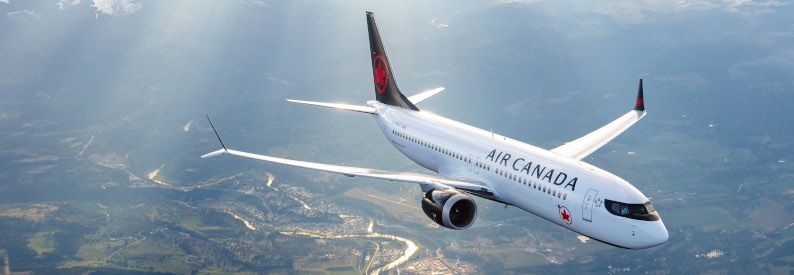
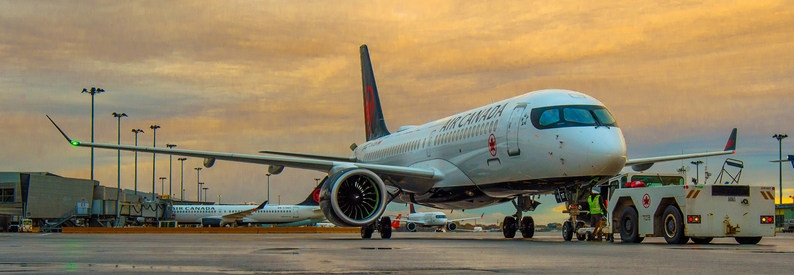
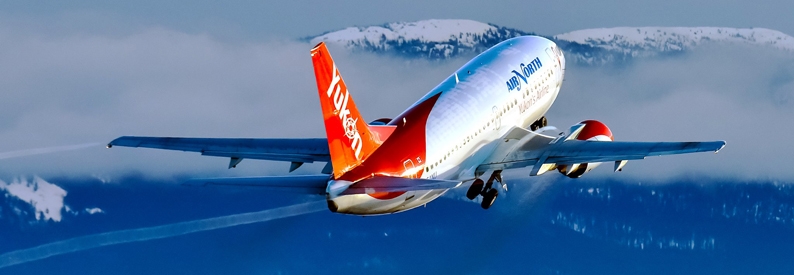
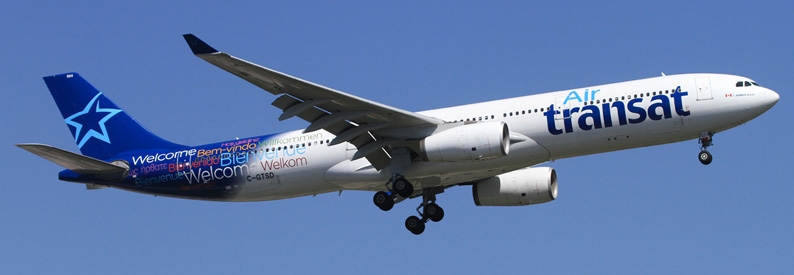
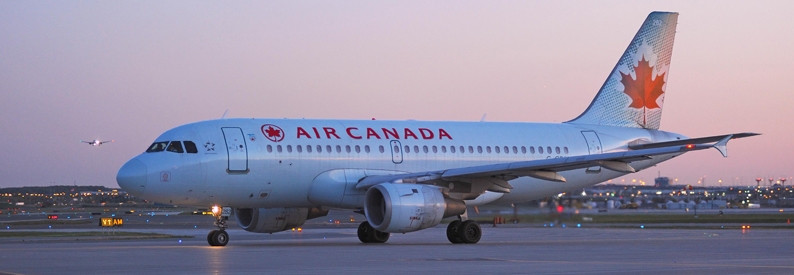
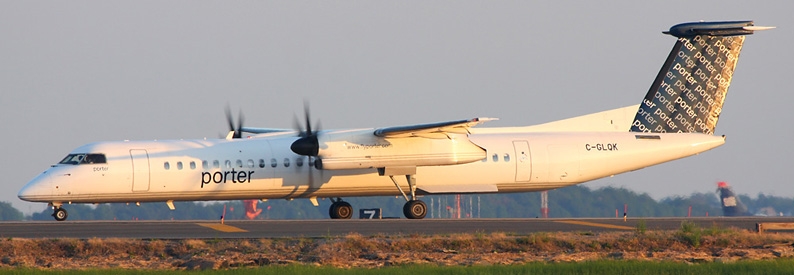
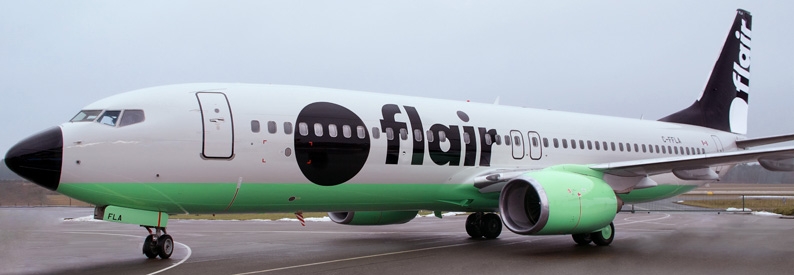
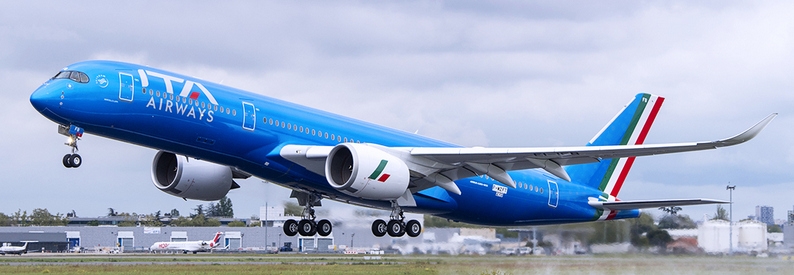
Editorial Comment: The msn of the two aircraft have been corrected. - 08Dec2021 - 14:57 UTC